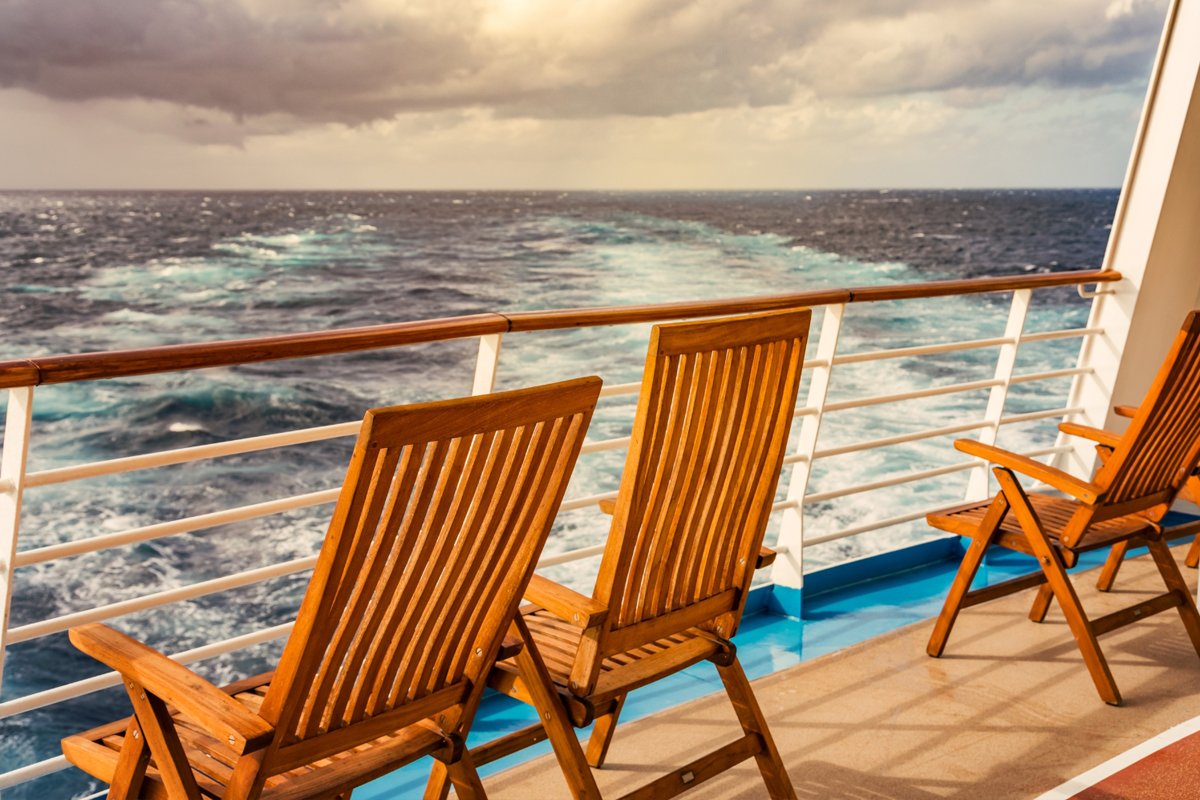
As cruise lines rebound and expand in the post-pandemic travel landscape, the competition to capture travelers’ attention online is more intense than ever. With search behavior shifting between local, regional, and global intent, cruise operators must optimize for visibility at every level — from “cruises from Fort Lauderdale” to “Caribbean honeymoon cruises” and “European river tours.”
Whether you’re based in Florida or operate out of international ports, aligning your SEO strategy to target both local embarkation searches and global booking intent is key to increasing reservations and market share.
Here’s how cruise operators can optimize for both local and international audiences and grow their organic visibility in key travel markets.
Start With a Clear Technical Foundation for Multi-Region SEO
Before content creation or keyword targeting, the site must be structured to support multilingual and multi-location SEO effectively.
Core Technical Steps:
- Use hreflang tags to serve the correct language and region version of each page
- Structure your site with clear subfolders or subdomains for international regions (e.g.,
/us/,/uk/,/de/) - Set up geo-targeting in Google Search Console for each international variation
- Use canonical tags properly to avoid duplicate content between regional variations
This framework helps search engines deliver the right content to the right traveler, in the right language or location.
Local SEO Tips for Cruise Operators Targeting Port Cities
Cruise bookings often begin with location-based queries — especially for travelers searching for convenient departure points.
Optimize for Port-Specific Keywords:
- “Cruises from Miami”
- “Luxury cruises departing Fort Lauderdale”
- “Affordable cruises from Port Canaveral”
- “Best Caribbean cruises from Tampa Bay”
Create dedicated landing pages for each departure city and tailor them to searchers in those geographic areas.
Local SEO Must-Haves:
- Fully optimized Google Business Profile for each embarkation port office
- NAP consistency across local listings, including Yelp, Apple Maps, and travel directories
- Location-specific testimonials and FAQs (e.g., parking, accessibility, embarkation process)
- Embed Google Maps and include nearby hotel or airport info to help conversion
These steps build relevance and trust for travelers comparing options from their preferred port.
International SEO Tips to Capture Global Travelers
For cruise operators expanding beyond U.S. travelers, the content and keyword strategy must be localized — not just translated.
Strategies to Attract Global Audiences:
- Create country-specific landing pages (e.g., “Cruises from the UK to Alaska”)
- Optimize for search terms in native languages, considering local phrasing and variations
- Tailor CTAs, pricing, and currencies to match the country’s buying preferences
- Use international-focused blog content and travel guides that cater to cultural context (e.g., “Top 5 Mediterranean Cruises for German Tourists”)
Working with native translators and SEO specialists ensures your messaging resonates and ranks.
Content Marketing That Bridges Local and Global Intent
Blog posts, destination guides, and itinerary previews help attract early-stage travelers researching cruise experiences.
Content Ideas for SEO Growth:
- “Best Time to Cruise the Caribbean from Florida”
- “Top 10 Cruises for Families Departing from Port Canaveral”
- “European River Cruise Guide for First-Time Travelers”
- “What to Expect When Boarding in Miami vs. Galveston”
Include internal links to itinerary pages, FAQs, and booking CTAs to drive deeper funnel activity.
Schema and Structured Data for Cruise Operators
Adding the right schema helps Google display enhanced listings for your cruise offerings.
Recommended Schema Types:
ProductorServiceschema for specific cruise itinerariesReviewschema to show ratings from past passengersFAQPageschema for location-specific boarding and travel questionsEventschema for limited-time cruises or themed sailings
Rich snippets boost click-through rates and help your brand stand out in competitive results.
Paid Search and SEO Should Work Together Across Borders
While this article focuses on SEO, pairing your strategy with paid ads — especially when entering new regions — drives faster visibility while your organic rankings grow.
Combined Tactics That Work:
- Use PPC to test high-value keywords before committing SEO resources
- Retarget blog visitors with dynamic ads for cruise promotions
- Run location-targeted ads to support regional SEO content
- Gather data on top-converting cities to refine your local SEO focus
Organic and paid strategies aligned across multiple markets maximize efficiency and visibility.
For cruise operators looking to expand their reach both locally and globally, SEO needs to work on multiple levels. Local optimization brings in port-specific travelers ready to book. International SEO builds brand awareness and trust with global markets researching long before they set sail.
By creating localized content, structuring your website correctly, and aligning your search efforts across regions, your cruise brand becomes more discoverable, more trustworthy, and better positioned to fill cabins all year long.
Need help building a global-local SEO strategy for your cruise line?
We help Florida-based and international operators optimize their digital presence from port to port — with scalable, multilingual SEO strategies designed to generate bookings and long-term brand equity.

